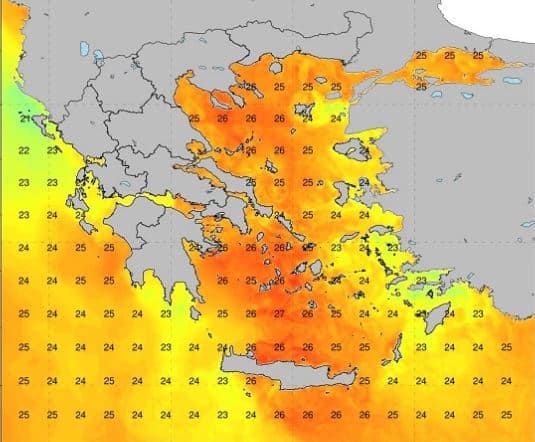Climate change has been on show these past weeks in the northern hemisphere, as floods and heatwaves hit Asia, Europe and North America. Rain has battered Henan province, China, with unprecedented force, leading to dozens of deaths. Germany fared worse, with over a hundred killed when normally small streams of the low Eifel mountain range swelled to raging torrents.
But perhaps the most striking evidence of a warming planet has been the heatwave in the Pacific Northwest of the United States. The region, known for foggy, tepid summers has been breaking temperature records.
Portland, Oregon, whose average June high is 23.5 degrees, hit 47 degrees on 27 June. Seattle (average June high 21.7 degrees) hit 42.2 degrees the same day.
The ecological consequences are not yet known, but they are expected to be devastating for a region whose forests are cool and humid year round. Just across the border in Canada, one biologist observed the smell of rotting mussels, as temperature reached 40 degrees five days in a row.
Major changes are also afoot in the Mediterranean. The sea temperature off Greece hit 26 degrees in late June, while off the coasts of Egypt, Lebanon, Israel and Turkey it reached degrees, some 1-2 degrees above average.

This prompted the World Wildlife Fund to comment that the Mediterranean has become a tropical sea. The maritime director of WWF Italy, Giulia Prato, said: “The Mediterranean sea today is no longer what it was. Its tropicalization is already advanced. Climate change is not a problem of the future, it is a reality that scientists, fishermen, divers, coastal communities and tourists are already experiencing today”.
Something more familiar too: Greece is experiencing more and more wildfires every year, for which the country is often ill-prepared. In 2018, over 100 were killed in the Athenian province of Attica, the second deadliest bushfire ever, behind Australia’s 2009 fires.
Climate change is obviously clear and present these days. But with even the cool climes of Canada, Belgium and Germany facing disruption, these latest events show that even the well-to-do may find there are few places to hide in a dramatically warming world.
Follow Christian on Twitter for more news updates.